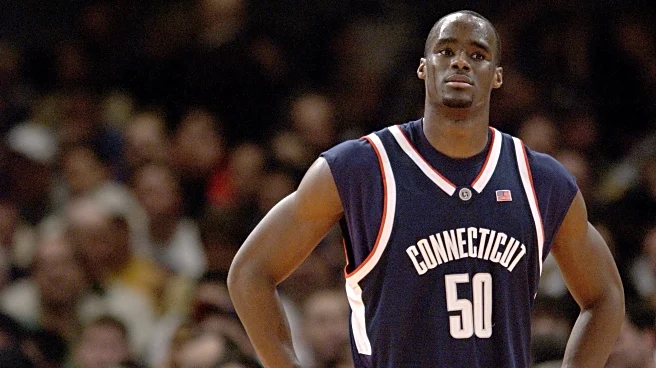What's Happening?
A recent survey conducted by MTM reveals a growing trend in the gaming industry towards remakes and remasters of classic video games. The survey, which included 1,500 players from the U.S. and the UK, found that 90% of respondents had played a modern revival of a classic game in the past year. The report highlights that remakes and remasters are increasingly popular as they allow newer studio teams to familiarize themselves with game design and development pipelines. Additionally, these revivals help fill gaps in release schedules and avoid the risks associated with new IPs. Successful releases like the Silent Hill 2 remake and The Elder Scrolls IV: Oblivion Remastered demonstrate the market's appetite for updated versions of older games.
Why It's Important?
The trend towards video game remakes and remasters has significant implications for the gaming industry. It provides a strategic avenue for companies to capitalize on existing intellectual properties, reducing the financial risks associated with developing new games. This approach also caters to consumer demand for nostalgia and accessibility to classic games with modern enhancements. As the industry faces challenges in meeting release schedules for new titles, remakes offer a viable solution to maintain engagement and revenue streams. The success of these remakes could influence future business models and development strategies within the industry.
What's Next?
As the demand for remakes continues to grow, gaming companies are likely to invest more in reviving classic titles. This could lead to increased collaboration with external studios specializing in remastering projects. Additionally, the industry may see a shift in marketing strategies to emphasize the value of nostalgia and improved gameplay experiences. Companies might also explore innovative ways to integrate remakes into their broader gaming ecosystems, potentially influencing the development of new technologies and platforms.










